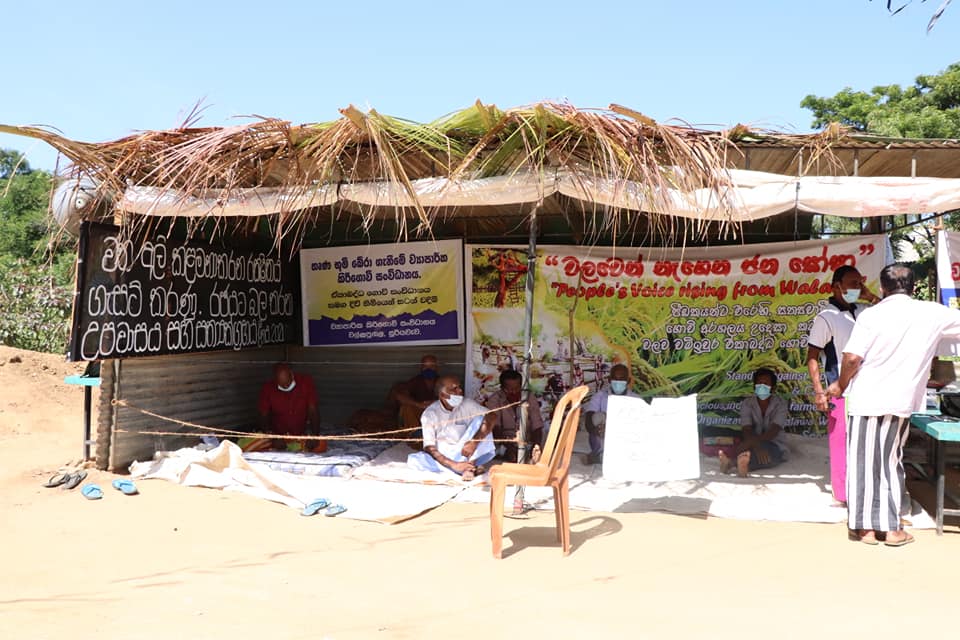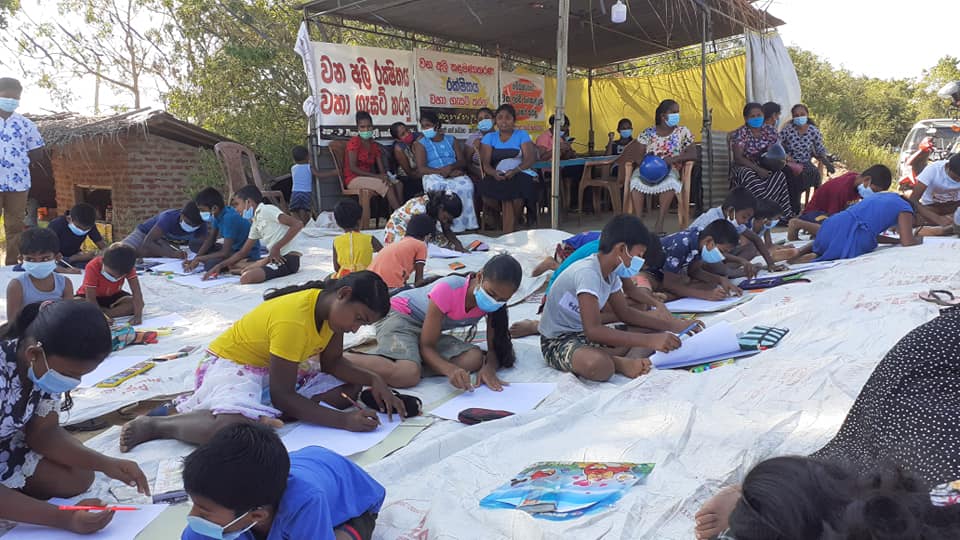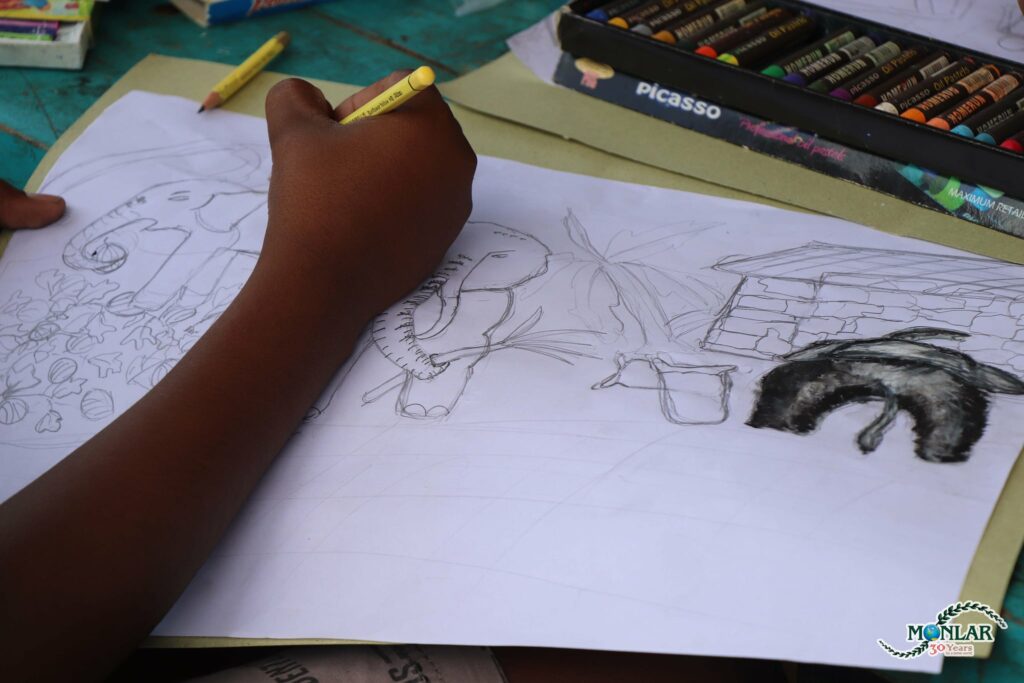A farmers’ struggle in Sri Lanka, siding with elephants

Nearly 80 farmer groups in the southern Hambantota district have been agitating for weeks, demanding that the government soon gazette a Wildlife Management Reserve in the area. This, they hope, will put an end to wild elephants ravaging their fields and homes.
The farmers accuse the government of pursuing “thoughtless, large-scale development” that destroys the elephants’ natural habitat. “With their own lands gone, the animals come into our agricultural plots, destroy all our crops, kill our people. This has been going on for 13 years now,” said S.P. Surasena.
In 2007, Prime Minister Mahinda Rajapaksa, who was then serving his first term as President, kick-started big-ticket development projects, including the Hambantota port, Mattala airport, and international cricket stadium in Suriyawewa. He extended the Southern Expressway and promised an export processing zone to bring investment and jobs to his home district. These, coupled with a thrust on expanding commercial, export-oriented farming, meant unutilised land near water sources were coveted. Although the infrastructure projects, mostly China-backed, put Hambantota on the world map, locals are unimpressed.


“Our farmers are losing land, youth are jobless,” said Chandrasena Gamage, a farmer leader. The district contributes considerably to the country’s paddy, vegetable and fruit — particularly banana — production. “Farmers like me are facing a severe crisis, losing lakhs of rupees every time an elephant attacks. There are about 450 elephants in our area. They need protection too,” he said.
Sri Lanka has an estimated 6,000 elephants, and hundreds die every year, frequently in ‘hakka patas’ or traps made of explosives, and gunshot injuries. In 2019, Sri Lanka reported 407 elephant deaths, the highest number recorded in the world. In 2020, 318 elephants and 112 people were killed in conflicts, according to the Wildlife Department.
(This is an excerpt of an article that was first published on The Hindu, on 07 February 2020.)
